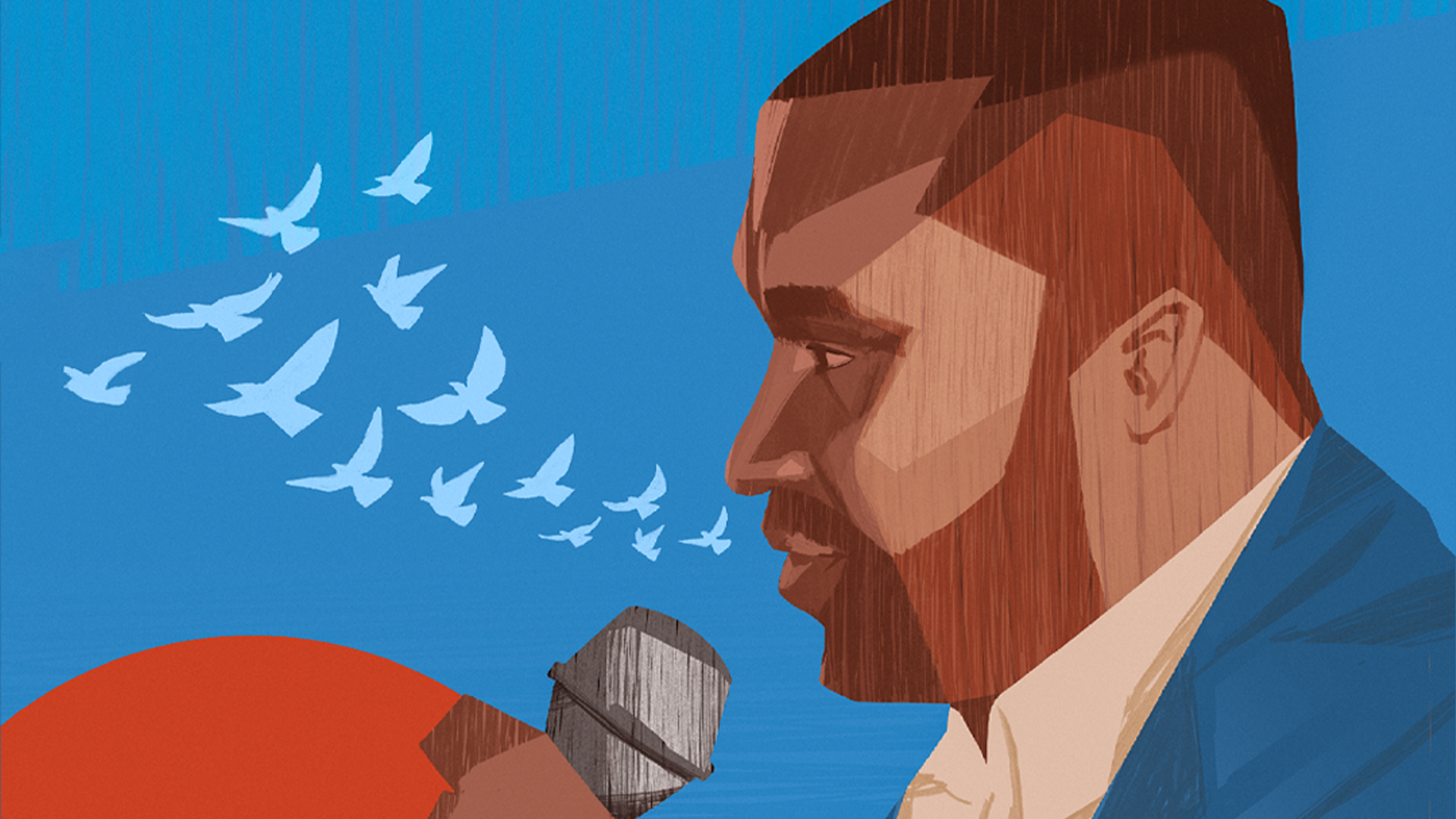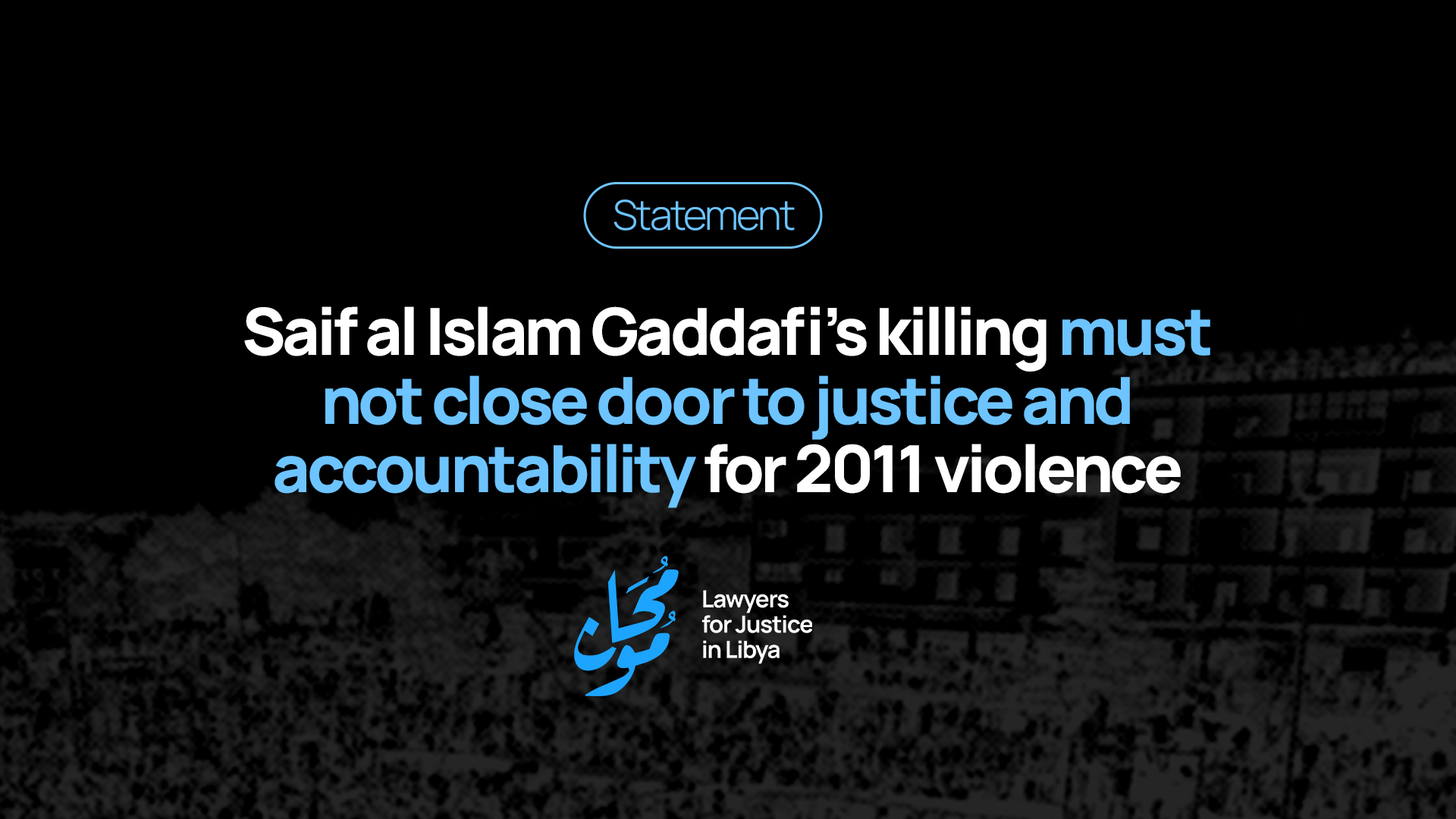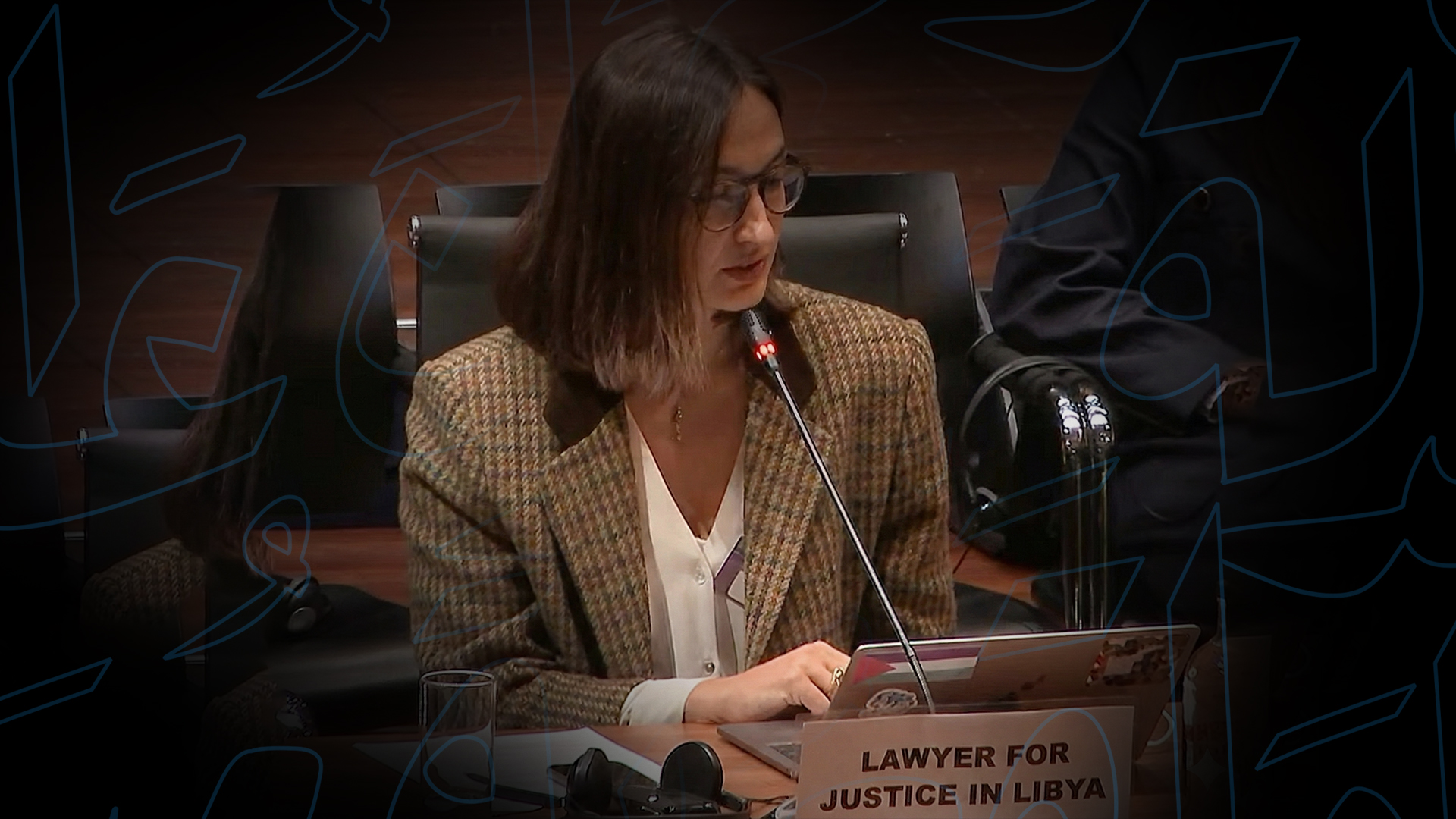Italy: Stop Closing Spaces for Civil Society and Endangering Lives
Lawyers for Justice in Libya (LFJL) is highly alarmed by the content of the leaked “code of conduct for NGOs involved in migrant’s rescue operations at sea” (the Code of Conduct) which was reportedly drafted by Italy this month. LFJL is concerned that the Code of Conduct puts the lives of migrants and asylum seekers at risk and is a dangerous attempt to ‘close spaces’ and to restrict the activities of civil society organisations.
The most common way migrants and asylum seekers attempt to reach the European Union from Libya, without the prior approval of Member States, is by boat across the Mediterranean sea. This route is often referred to as ‘the Central Mediterranean Route’ and is notoriously dangerous: 4,576 people were reported dead or missing in 2016 alone. Non Governmental Organisations (NGOs) have played a crucial role in rescuing more than 46,000 individuals attempting to use the Central Mediterranean Route in 2016, representing over 26 per cent of total search and rescue operations.
The Code of Conduct, reportedly drafted by Italy following a meeting between the French, German and Italian Interior Ministers and the European Commissioner for Migration and Home Affairs on 2 July 2017, aims to regulate the activities of NGOs involved in rescue operations at sea. LFJL believes that greater coordination between NGOs and European Union Members States is desirable to save lives during rescue activities. However, the leaked Code of Conduct does not appear to be an effort to protect human rights and lives, but instead is a misguided attempt to decrease migration into Europe. Its warning that “failure to sign this Code of Conduct or failure to comply with its obligations may result in the refusal by the Italian State to authorize the access to national ports” undermines the very purpose of the rescue missions: to disembark persons in distress at sea to a place of safety without exception and without delay.
Verity Altaras, LFJL’s Migration Project Coordinator, stated “NGOs have been working tirelessly to save the lives of thousands of migrants and asylum seekers on the Central Mediterranean route. Rather than imposing onerous rules on them, European governments should collaborate with NGOs to ensure the protection of migrants and asylum seekers’ fundamental rights. Every person rescued at sea must be swiftly disembarked to a safe place and given access to a fair and effective asylum system.”
Recent reports have alleged that the Libyan Coast Guard has assaulted individuals and sunk boats using firearms whilst conducting search and rescue operations. The Code of Conduct, if implemented, would prevent NGOs from intervening whilst witnessing such acts, as it creates “an absolute ban from entering Libyan waters” and an “obligation not to obstruct the search & rescue operations by the Libyan Coast Guard”. As a result, the Code of Conduct places lives at risks and exposes individuals to human rights violations.
Other provisions of the Code of Conduct attempt to establish “obligations” on behalf of NGOs which interfere with their independence and create inappropriate responsibilities more suited to the agents of national border forces. These include the need for NGOs to “transmit all information of info-investigative interest to Italian Police Authorities” and “delivering, on their own initiative or upon request any object that could constitute proof or evidence of an illegal act”. The nine NGOs currently involved in search and rescue are primarily humanitarian aid organisations, with the primary mandate of saving lives at risk at sea. It is highly unethical and inappropriate to oblige such NGOs to perform an active role in assisting law enforcement activities.
The Code of Conduct's ambiguous wording, including its conditions of compliance referencing undefined standards, such as the need to “cooperate loyally” with the state agents, is of concern. If adopted, this poor drafting would create a situation where NGOs that fail to sign up to the Code of Conduct may be refused entry to Italian ports, whilst those that do sign may be accused of failing to comply on arbitrary grounds and thus also refused entry to Italian ports.
Elham Saudi, LFJL’s Director, said “The Code of Conduct is an example of a growing trend, where States use soft-law to close the legitimate spaces within which civil society operates. The Italian authorities are attempting to force those who are carrying out lifesaving work either to cease their activities or do so in a more limited and politicised fashion. It is an attempt to extort those who understand the urgency of the situation and seek to help, and in doing so uses human lives as collateral.”





